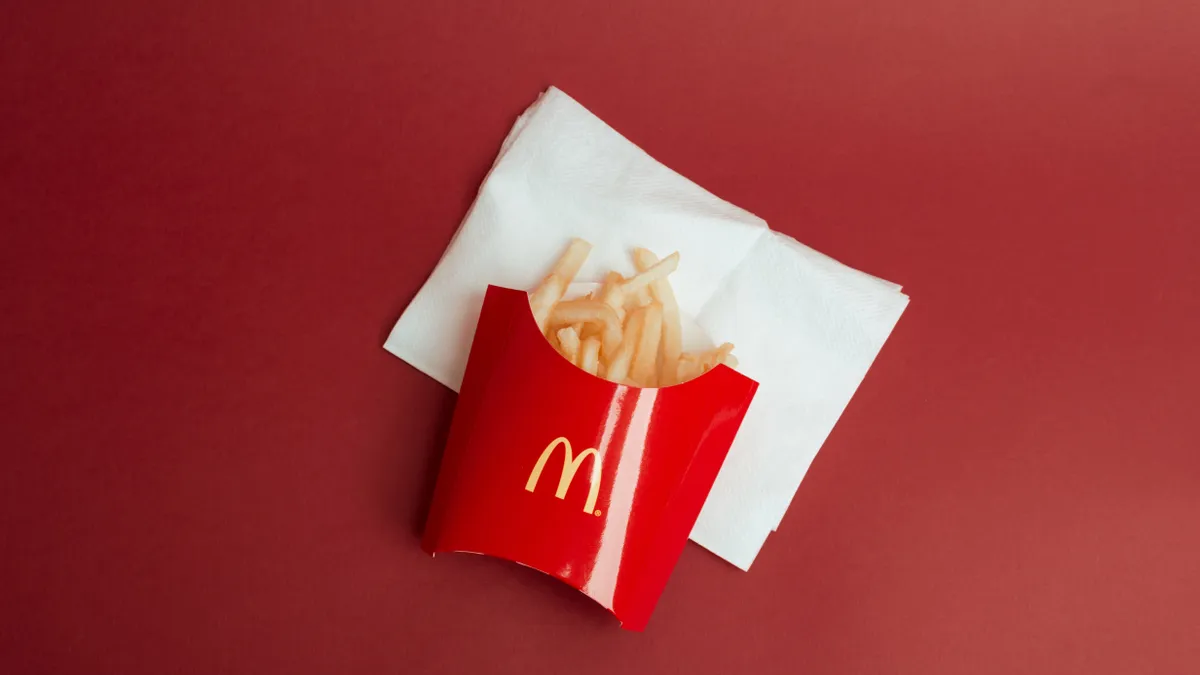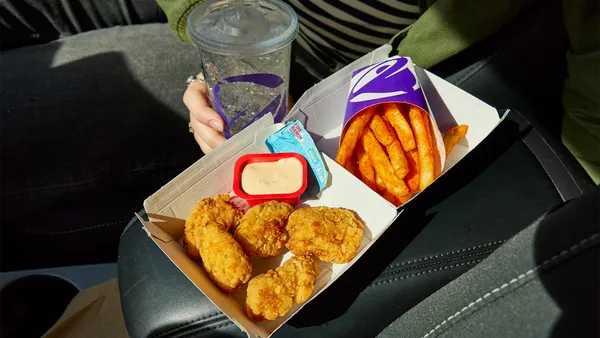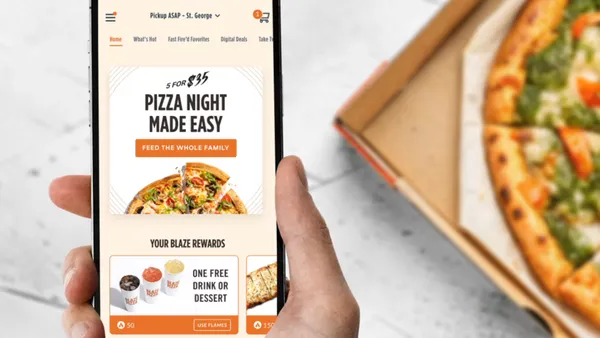UPDATE: June 2, 2022: A federal judge in January ruled Byron Allen’s $10 billion discrimination lawsuit against McDonald’s could proceed. A prior version of Allen’s complaint was dismissed in November due to lack of sufficient evidence, but the media mogul’s team submitted an amended complaint with more detail, per Ad Age. McDonald’s filed a second motion to dismiss, but the request was denied by U.S. District Judge Fernando M. Olguin.
UPDATE: Dec. 1, 2021: A judge dismissed the lawsuit brought by media mogul Byron Allen's Allen Media Group against McDonald's Corp., Bloomberg first reported. However, Allen can file an amended complaint if he can better support his claims of discrimination.
UPDATE: May 21, 2021: Entertainment Studios and Weather Group, two divisions of media mogul Byron Allen's Allen Media Group, filed a lawsuit against McDonald's Thursday alleging a pattern of racial stereotyping and refusals to contract at the fast-food giant based on federal and state law. The complaint, which seeks $10 billion in damages and was filed in Los Angeles County Superior Court, claims that McDonald's operates a tiered advertising structure that differentiates on the basis of race. Segments, the suit alleges, include a primary "general market" constituting the vast majority of McDonald's advertising budget and an "African American market" that commands a smaller budget and less-favorable pricing. Entertainment Studios says it was pushed into the latter tier despite operating mass-appeal TV networks. The suit claims that McDonald's treated Allen Media Group's properties in this way because Allen himself is African American.
Dive Brief:
- McDonald's said it will more than double investments in diverse media partners as part of a new plan to improve representation, according to a press release. The announcement was made the day of its annual shareholders meeting.
- The fast-food chain currently dedicates 4% of its national advertising spending to Black-, Hispanic-, Asian Pacific American-, women- and LGBTQ-owned platforms, but plans to boost that figure to 10% by 2024. It will also forge new multiyear partnerships with diverse media and production shops, content creators and influencers to support the initiative.
- McDonald's is forming an advisory board made up of external marketing and subject matter experts to identify challenges facing diverse-owned media operators and devise potential solutions. A growing number of brands and agencies are enacting similar strategies as consumers hold businesses more accountable for internal and external diversity practices.
Dive Insight:
McDonald's is putting forward an ambitious pledge to more than double ad spending on what it calls "diverse-owned" media, a categorization that encompasses groups including Black, Hispanic, Asian Pacific American, women and LGBTQ partners. For Black-owned businesses, specifically, the brand will increase its allocation of total national advertising dollars from 2% to 5% by 2024.
The fast-food giant has longstanding relationships with several agencies specializing in outreach to diverse cohorts. Burrell Communications Group, a full-service shop, has worked with McDonald's for five decades on efforts tailored to Black consumers. Burrell helped McDonald's develop campaigns like a "Black & Positively Golden" platform introduced in 2019 to replace the brand's 365Black initiative centered on education, empowerment and entrepreneurship.
McDonald's has recently ramped up other diversity-related activities, such as hosting its first Media Partner Summit last November. The event brought together diverse-owned media companies to discuss how McDonald's marketing could align with their goals, per the announcement.
But the brand has also frequently found itself embroiled in controversy related to diversity, equity and inclusion (DEI). McDonald's is currently facing several racial discrimination lawsuits and mounting pressure from workers to raise wages. Employees in 15 cities around the U.S. went on strike Wednesday, demanding the company bump up its minimum wage to at least $15 per hour.
DEI has become a more pressing matter for marketers to address across the board following a year of widespread protests for racial justice. As the one-year anniversary of the murder of George Floyd approaches, more brands and agencies are spotlighting commitments to further representation in consumer-facing marketing and internal operations.
McDonald's rival Popeyes has started publishing an annual diversity scorecard to bring more transparency to its marketing, while enforcing a new mandate that insists at least 50% of partners bidding to direct its ads be ethnically diverse or female, according to The Wall Street Journal. The pledges by Popeyes and McDonald's mirror those of companies like Procter & Gamble and General Motors, which are similarly accelerating investments in Black-owned and -operated media companies and suppliers.
The trend is apparent on the agency side of the ad business as well: IPG Mediabrands, the media arm of Interpublic Group, earlier this month said it would allocate at least 5% of total media spend to Black-owned media by 2023. WPP's GroupM followed with an initiative encouraging clients to put at least 2% of their total yearly media budgets toward Black-owned platforms. Dentsu around the same time revealed a new business unit called Economic Empowerment that seeks to connect ad buyers with minority-owned companies.















